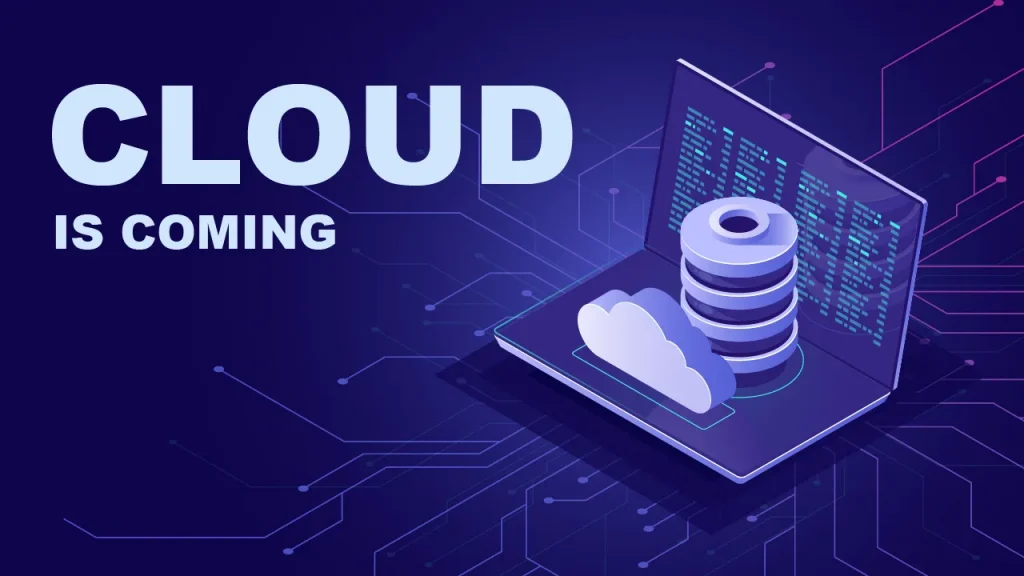There’s been some discussion of late about the future of MSPs. I’ve written and spoken about it a lot. It’s one of the reasons I sold my MSP in 2009.
I looked into the future and I could see the cloud coming. I could see it being easier to support small business clients. I could see vendors themselves providing a lot more services and looking after their own products a lot more requiring less support and intervention from a third-party MSP.
Now, that was back in 2009 and I must say the change hasn’t occurred as quick as I thought it might have. Having said that, there’s no question that the change is starting. Fueled by faster internet connections and cloud-based line of business systems, software vendors themselves are providing the environment in which their product runs as well as the product itself.
For example, SAAS applications like Xero which are very popular in the world, typically don’t require much input from the MSP themselves. Why would a small business need an MSP to support them if they’re using products that the vendor adequately supports themselves? Why would they need an MSP to set up a server and network for them if all they need is an internet connection to access their cloud based software which they already know how to use and for which only the vendor can provide proper support?
Now, I know we’re not there yet and I know that there are still lots of reasons why servers, a good network design, and MSP support are still necessary for many small and medium sized businesses out there. However, the change is happening.
So, how does an MSP firewall themselves from this kind of change and create a bullet proof business that will survive the trends of cloud, automation and declining support revenues? The answer I believe is 2-fold.
1. Be that independent third-party consultant.
Businesses are right to be wary of software vendors that sell them the product, maintain, upgrade, and support the product, and advise on how it’s integrated into their current environment. The vendor is not always the best party to advise on those things.
So, be a true independent consultant. Don’t be the puppet for the vendor. Be knowledgeable and be aware of what it means to be a true independent consultant to your clients. Don’t just be the go-to people for IT help but instead proactively go to your clients with consulting services that work right down to the line of business software and process re-engineering level of their business. That’s where the true efficiency gains are made.
2. Expand your skillset.
Because of the above MSPs will need to expand their skill set. They’ll need to have true consultants on their books that can provide that kind of service. And, these consultants need to be more like business analysts that have a good knowledge of business processes and business systems integration, so that they can appropriately advise their clients on business-critical systems beyond infrastructure and networking.
This is a new area for MSPs. Most MSPs have been focused on servers, desktops, and support rather than third party or cloud applications and how those applications themselves integrate with one another. But, we’re entering a new world. Those applications and those integrations are what run these businesses. MSPs that begin now to offer these value-added services are going to be at the forefront of this change and are set to pick up the clients that are most forward thinking and growth minded.
Future blogs will cover what these roles of the future will look like. Business Analysts for small business, Solutions Consultants with light programming skills, Office 365 consultants focused on cloud only M365 solutions and Data Analysts that can interpret and report on data for a small business.
Sometimes struggles in onboarding qualified IT people limits diversification in MSPs. If this is your case, I may be able to help you. Let’s a have a conversation.


